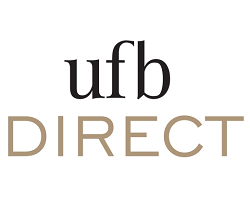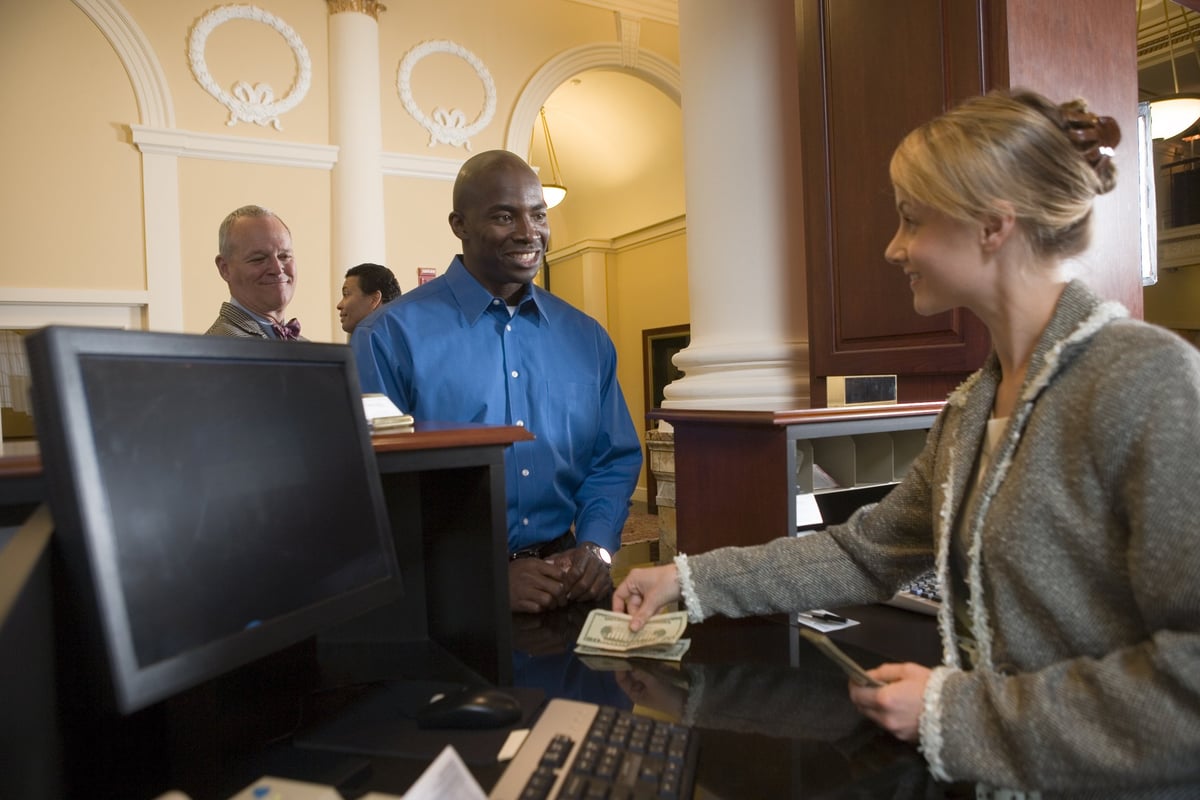If you’re getting ready to deposit $15,000 in your bank account, there’s something you should know before you head to the bank. Since you’re making a large deposit, special rules apply. These rules are established by the Bank Secrecy Act. They actually apply to any deposit over $10,000 — and deposits of $15,000 or more fall within this category.
Here’s what you need to know, so you’ll be prepared for what’s going to happen when you make your deposit.
A $15,000 deposit will trigger this requirement
There’s a federal law in place called the Currency and Foreign Transactions Reporting Act of 1970. Better known as the Bank Secrecy Act, this law requires that all financial institutions report transactions that exceed $10,000. This includes both deposit and withdrawals.
Specifically, when you make a big deposit, the bank has to complete a form called the Currency Transaction Report.
Our Picks for the Best High-Yield Savings Accounts of 2024
|
American Express® High Yield Savings APY 4.25%
|
APY 4.25%
|
Min. to earn $1 |
|
UFB Portfolio Savings Account 
APY 5.15%
|
APY 5.15%
|
Min. to earn $0 |
|
Western Alliance Bank High-Yield Savings Premier 
APY 5.31%
Min. to earn $500 to open, $0.01 for max APY
|
APY 5.31%
|
Min. to earn $500 to open, $0.01 for max APY |
This report requires the bank to:
- Verify and record your name and address
- Report your account number
- Report your Social Security number
You don’t have to fill out any paperwork yourself or send this form off personally. You just have to cooperate with your bank if a teller asks you any questions when you’re making your deposit into your checking account or savings account.
The bank will send the form off to the Financial Crimes Enforcement Network (FinCEN), which is a division of the U.S. Treasury. That will most likely be the end of the matter.
This requirement exists because the government thinks it will help stop money laundering, tax evasion, and other fraudulent behavior. For those who are making a legitimate deposit, it can be a little annoying to have the government and your bank in your business like this. But in general, it’s not going to cause you any problems beyond perhaps a moment or two of hassle when you make your deposit.
Don’t try to avoid the reporting requirement or you could have problems
Now, if you’re depositing your $15,000 and you want to avoid Uncle Sam getting a report of it, you may be tempted to just break up your big deposit into smaller ones that put you under the $10,000 reporting limit. Instead of depositing all $15,000, for example, it might seem smart to deposit $9,000 in one transaction and $6,000 in another. Since both are below the $10,000 limit, the Bank Secrecy Act would no longer make the transaction reportable
There’s just one problem. The government knows people will do this, and it’s illegal. Breaking up a deposit to avoid the reporting requirement is called structuring. If banks suspect structuring behavior, they need to file a suspicious activity report and that can lead to investigation and maybe even criminal charges. That’s especially true since structuring is still illegal even if you came by the $15,000 lawfully.
So, don’t panic about bank reporting requirements. Just be aware of them, be ready to give the bank the necessary details when you make your $15,000 deposit, and don’t break the deposit up into a bunch of smaller ones. You’ll have no problems if you do that, and, of course, if you aren’t planning on laundering money or evading your taxes.
These savings accounts are FDIC insured and could earn you 14x your bank
Many people are missing out on guaranteed returns as their money languishes in a big bank savings account earning next to no interest. Our picks of the best online savings accounts could earn you 14x the national average savings account rate. Click here to uncover the best-in-class accounts that landed a spot on our short list of the best savings accounts for 2024.

